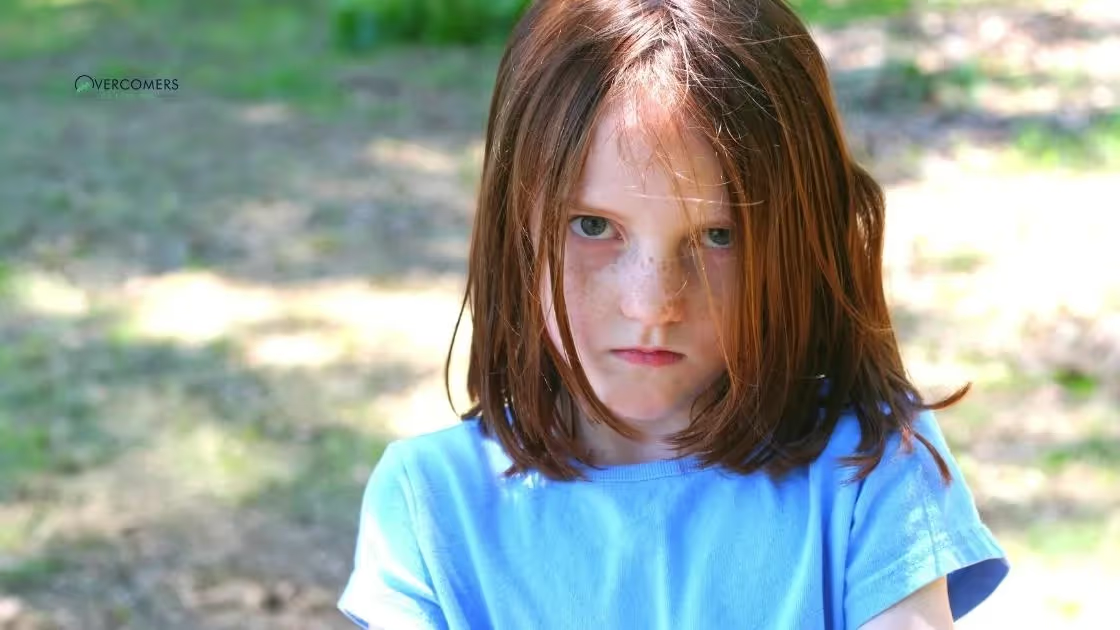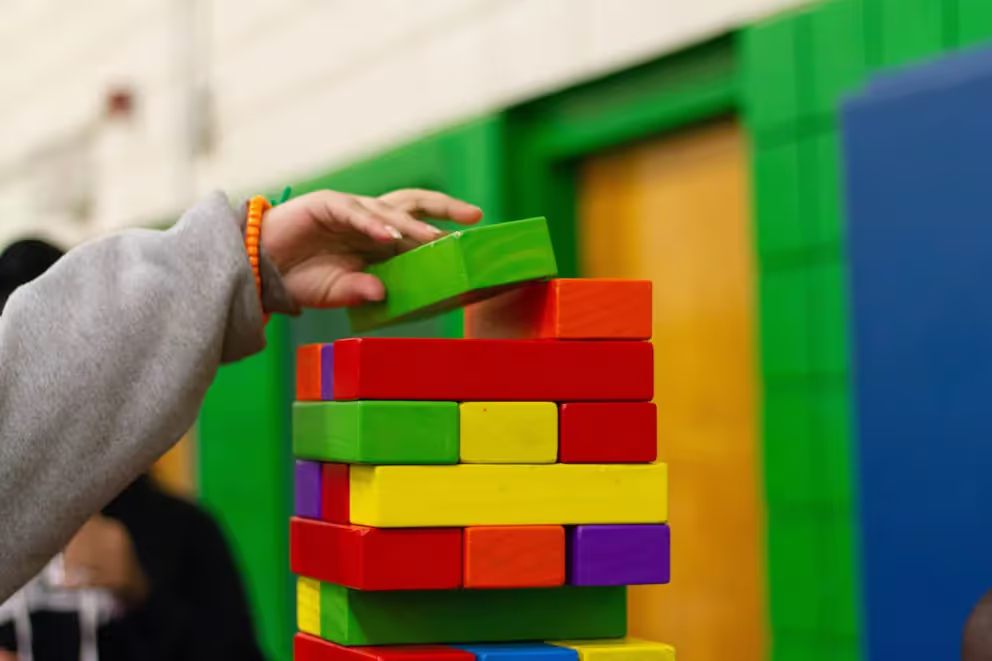Anger is a natural emotion that everyone experiences at some point in their lives.However, when anger starts to negatively affect our daily lives and...

Anger is a natural emotion that everyone experiences at some point in their lives.
However, when anger starts to negatively affect our daily lives and relationships, it becomes a problem.
If you have a young child who seems to struggle with anger management issues, don't worry - you can help them!
Let's discuss some parenting tips and tricks on how to help your elementary school-aged child deal with their anger in a healthy way.
When a young child is acting out in anger, it can be difficult to know how to react.
As a parent or caregiver, you may feel frustrated, helpless, or even scared. However, it is important to remember that anger is a normal emotion, and there are ways to help your child deal with it in a healthy way.
One of the best things you can do is to help them understand what anger is.
Explain that it is a feeling that everyone has sometimes, and that it is okay to feel angry. Help them to identify the physical sensations they feel when they are angry, such as a racing heart or clenched fists.
Once they understand what anger is, you can start to teach them some coping strategies.
For example, you can show them how to take deep breaths or how to walk away from the situation.
By helping your child to understand and manage their anger, you can set them on the path to a lifetime of healthy emotional regulation.

Children are not born knowing how to deal with anger.
It is an emotion that they learn how to cope with as they grow and develop.
Some children seem to have an easier time learning how to deal with anger in a positive way, while others may struggle with it more.
If you have a child who is struggling with anger, there are some things you can do to help them.
One of the most important things you can do is teach them how to express their anger in a positive way.
This may involve helping them to identify their triggers, teaching them some deep breathing exercises to calm down, and giving them some alternative ways to express their anger (such as punching a pillow or going for a walk).
By teaching your child how to deal with their anger in a positive way, you can help them to avoid some of the negative consequences that can come from uncontrolled rage.
When kids are feeling angry, it's important to encourage them to take breaks.
This gives them time to calm down and process their emotions. It also gives you a chance to talk with them about what's going on and help them to understand their feelings.
If kids are allowed to stay angry, they may act out in ways that hurt themselves or others. Taking a break can help to prevent this from happening.
It's also important to encourage kids to express their anger in healthy ways.
This could include hitting a pillow, writing in a journal, or talking to a trusted friend or adult.
Helping kids to express their anger in positive ways can help them to deal with their feelings in a more productive way.

It is not uncommon for young children to experience anger.
As they learn to navigate the world, they may feel frustrated when things don't go their way.
While it is normal for kids to experience occasional anger, some children have difficulty managing their emotions.
If left unchecked, chronic anger can lead to problems at home, school, and in future relationships.
One way to help kids deal with their anger is to provide them with outlets for their emotions.
Exercise is a great outlet for anger because it allows kids to release pent-up energy in a positive way.
Additionally, creative activities like drawing or writing can help kids express their anger in a non-destructive way.
By giving kids outlets for their anger, you can help them learn how to manage their emotions in a healthy way.
One of the best ways to help young children deal with anger is to show them how to problem-solve. All too often, children lash out in anger because they feel powerless.
They don't know how to express their feelings or solve the problem that is making them angry.
By teaching them how to problem-solve, you can give them the tools they need to deal with their anger in a healthy way.
Start by helping them identify the problem.
What is it that is making them angry?
Once they have identified the problem, help them brainstorm possible solutions.
What can they do to fix the problem? Other questions you can ask are:
Finally, help them choose the best solution and put it into action.
By teaching young children how to problem-solve, you can help them deal with their anger in a healthy and constructive way.
Dealing with anger can be a challenge for both kids and adults.
However, by teaching kids how to express their anger in a positive way, you can help them avoid some of the negative consequences that come from uncontrolled rage.
If you have a child who is struggling with anger, try using some of the tips above to help them learn how to deal with their emotions in a healthy way.
Subscribe to our newsletter for more tips on parenting and child development!
If you found this article helpful, please share it with your friends!
Did you find this article helpful? Share it with your friends!
You can teach your child persistence by modeling the behavior yourself, encouraging them to take risks, setting goals and tracking progress, praising effort, and providing support and guidance.